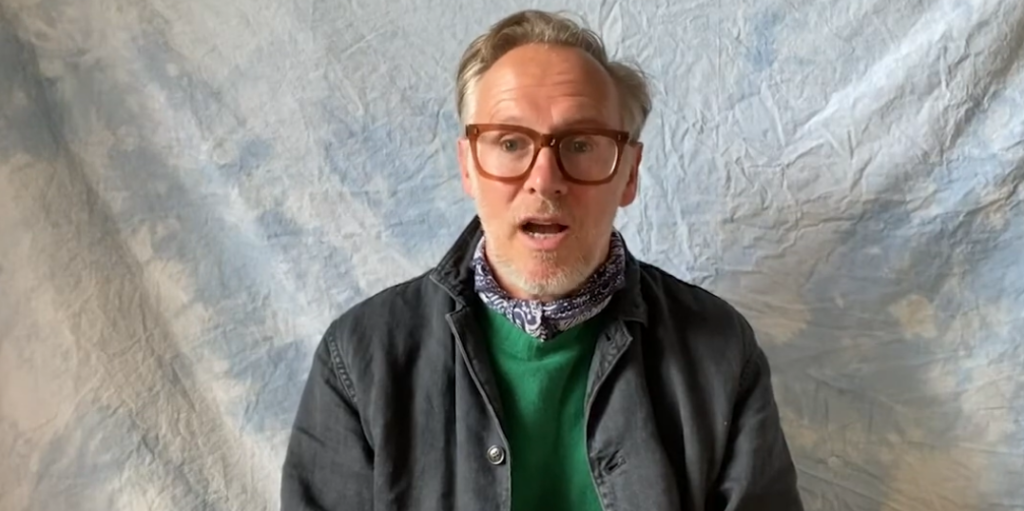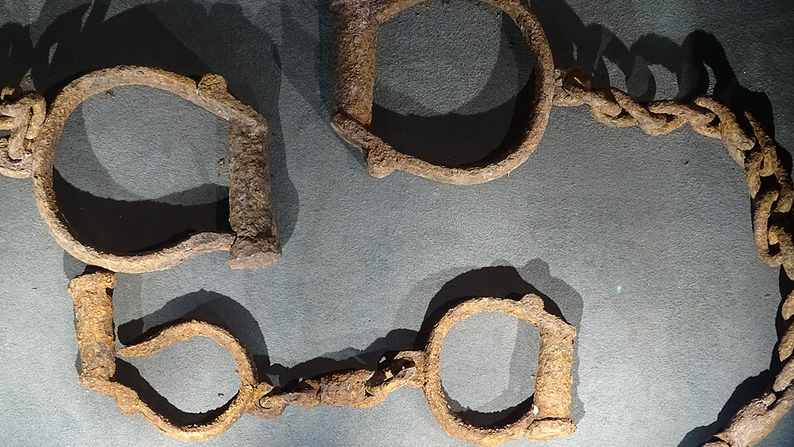By Stephen Kamugasa
Photos: YouTube Screenshots\Wikimedia Commons
Charlie Gladstone’s journey of discovery regarding his family’s history is a profound narrative that intertwines personal reflection with broader societal implications. As the eighth Baronet of a family with a notable lineage, including the four-time British Prime Minister William Gladstone, Charlie initially viewed his ancestry with pride. However, this perception was dramatically altered when he learnt that his ancestor, Sir John Gladstone, was a slave owner who profited significantly from the transatlantic slave trade.

This revelation was not merely a historical footnote; it became a catalyst for Charlie to confront the uncomfortable truths of his family’s past. He expressed that the realization hit him “like a steam train”, leading to feelings of shock, guilt, and a deep sense of societal responsibility. He acknowledged that the wealth and privilege enjoyed by his family were, in part, built on the suffering of enslaved individuals. This understanding forced him to grapple with the moral implications of his family’s legacy and the ongoing consequences of slavery in contemporary society.
Charlie articulated that the impact of slavery is still felt today, manifesting in systemic racism and societal inequality. He recognized that many individuals of African descent continue to struggle with the repercussions of being forcibly removed from their homes and heritage. His visit to Guyana further deepened his understanding of these issues, as he witnessed firsthand the lingering effects of his ancestor’s actions.
In response to this painful legacy, Charlie chose not to wallow in guilt or shame but instead to take action. He became involved in the founding of the advocacy group “Heirs of Slavery,” which aims to acknowledge slavery as a crime against humanity and address its ongoing consequences. Through this collective, he seeks to foster dialogue, promote reconciliation, and advocate for reparative justice. Charlie’s approach emphasizes the importance of acknowledging the past while striving to make a positive impact in the present.
Moreover, he highlighted the need for a shift in the narrative surrounding British history, advocating for a more inclusive and honest portrayal that recognizes both the glorious and the appalling aspects of the past. He believes that by normalizing discussions about slavery and its implications, society can work towards healing and building a more equitable future.
In summary, Charlie Gladstone’s discovery of his ancestor’s involvement in slavery compelled him to confront uncomfortable truths about his family’s history and its ongoing impact on society. His journey reflects a broader call for acknowledgement, dialogue, and action to address the historical injustices of slavery and their lasting effects on contemporary life.
To listen to the full conversation between me and Charlie Gladstone, please visit https://thekamugasachallenge.com/slavery-sins-of-our-forefathers/






